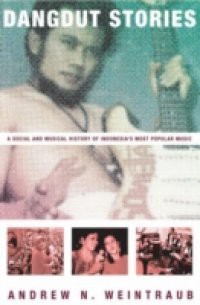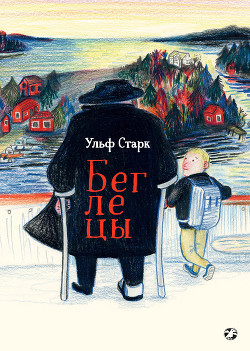A keen critic of culture in modern Indonesia, Andrew N. Weintraub shows how a genre of Indonesian music called dangdut evolved from a denigrated form of urban popular music to a prominent role in Indonesian cultural politics and the commercial music industry. Dangdut--named onomatopoetically for the musics characteristic drum sounds dang and dut--is Indonesias most popular music, heard in streets and homes, public parks and narrow alleyways, stores and restaurants, and all forms of public transportation. Despite dangduts tremendous popularity in Indonesia and other parts of Asia, it has seldom received the serious critical attention it deserves. Dangdut Stories is a social and musical history of dangdut within a range of broader narratives about class, gender, ethnicity, and nation in post-independence Indonesia (1945-present). Quoted material from interviews, detailed analysis of music and song texts, and ethnography of performance illuminate the stylistic nature of the music and its centrality in public debates about Islam, social class relations, and the role of women in postcolonial Indonesia. Dangdut Stories is the first musicological study to examine the stylistic development of dangdut music itself, using vocal style, melody, rhythm, form, and song texts to articulate symbolic struggles over meaning. Throughout the book the voices and experiences of musicians take center stage in shaping the books narrative. Dangdut was first developed during the early 1970s, and an historical treatment of the genres musical style, performance practice, and social meanings is long overdue.


















